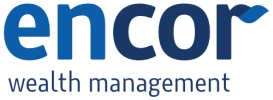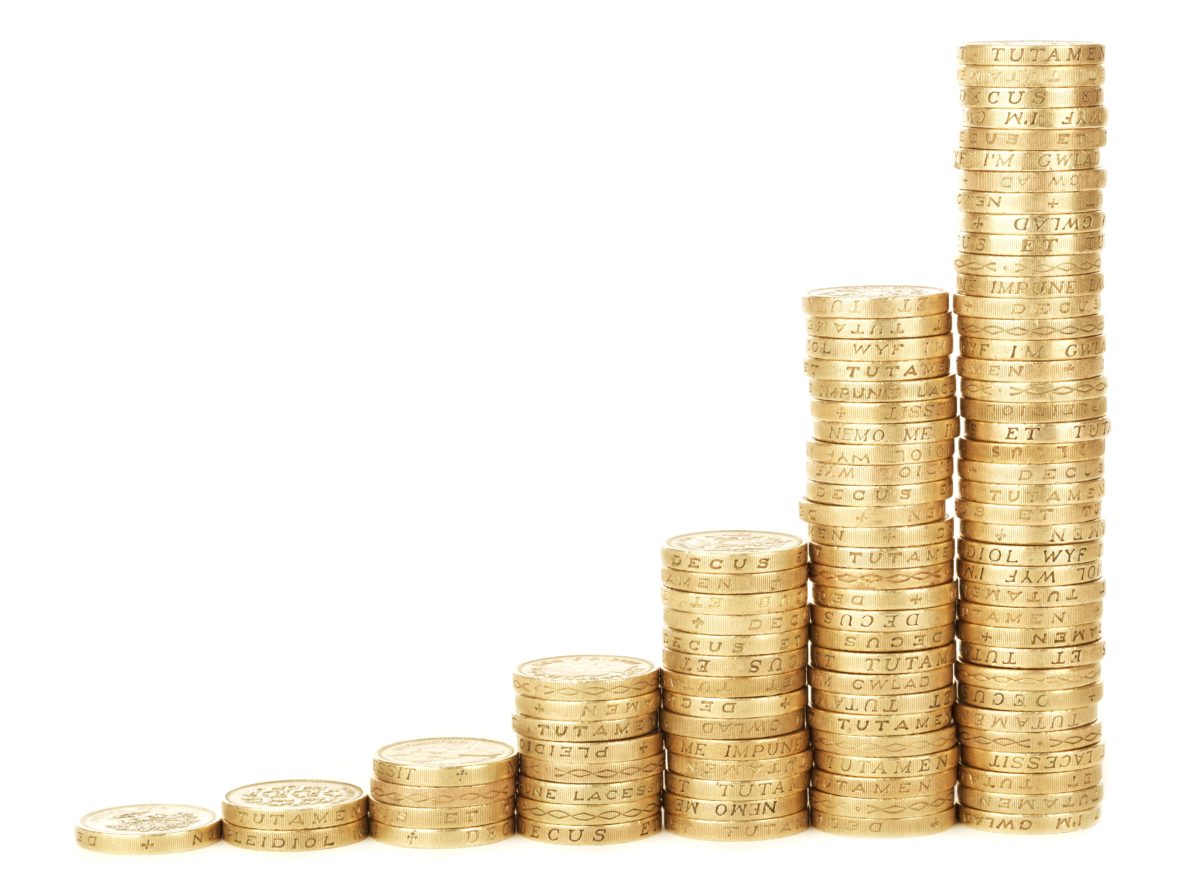Last week’s announced year-on-year wage growth of 7.6% for the second quarter would have been no surprise for commentators tracking the Czech labour market, or indeed Czech companies seeking to employ new workers.
After all, over one third of a sample of Czech manufacturing companies have told the Czech and EU Statistics Agencies (CSU and Eurostat) for two quarters already that they have labour shortages to an extent that is limiting production. It can be little surprise that in a country with the lowest unemployment rate in the EU (2.9% Eurostat, 4.1% CSU) that wage hike settlements in the private sector are at unprecedented levels. And with the economy barreling along at 4.7% year-on-year GDP growth, there is little prospect of the wage momentum abating into 2018. What does this mean for the economy, inflation and interest rates?
The good news for the economy presently is that CPI inflation sits at only 2.5% year-on-year (July’s figure), following June’s 2.3% level. Thus real wages (7.6% minus 2.3%) rose a clear 5.3% higher than trend inflation. It’s that extra money that is fueling the country’s consumption boom. And not all of it is being spent on consumables, as the other driver for the knockout 4.7% real GDP growth in Q2 2017 was investment by companies and individuals. Those outlays cause inflation, because the demand for labour, land or materials required for those investments should overwhelm supply in the short run and push prices up. This is the essence of healthy “demand-pull” inflation in the economy.
The bad news is in the longer term: A country’s labour force cannot receive such wage hikes every year without pricing themselves out of the international marketplace. But Czech workers are cheap (due in part to the 2013-17 CNB “currency cap” regime) and relatively productive, so there is a way to go before the damage to economic growth becomes meaningful. It would take a large and swift currency appreciation (towards EURCZK 21-22) to really drag economic growth down as Germany and other key export customers are in a healthy state.
For the nearer term, the upward force of wages on inflation is likely to see CPI readings move towards the 3.0% year-on-year level soon and perhaps climb further, forcing the CNB’s hand on the next interest rate hike. We expect a 25 basis point hike to a 0.5% CNB policy rate on 27 September, failing that on 2 November. The wage numbers are further evidence that the Czech economy is behaving normally and that interest rates should be at normal levels (2.5%-3.0%), higher than CPI.
We stay cautious on Czech bonds and favour investment into yielding assets such as equities and real estate. And we stick with our view of a CZK/EUR exchange rate closer to 25.0 by year end, as the prospect of further rate hike should strengthen the currency. A stronger currency in itself helps to strangle inflation, through lower import prices.


